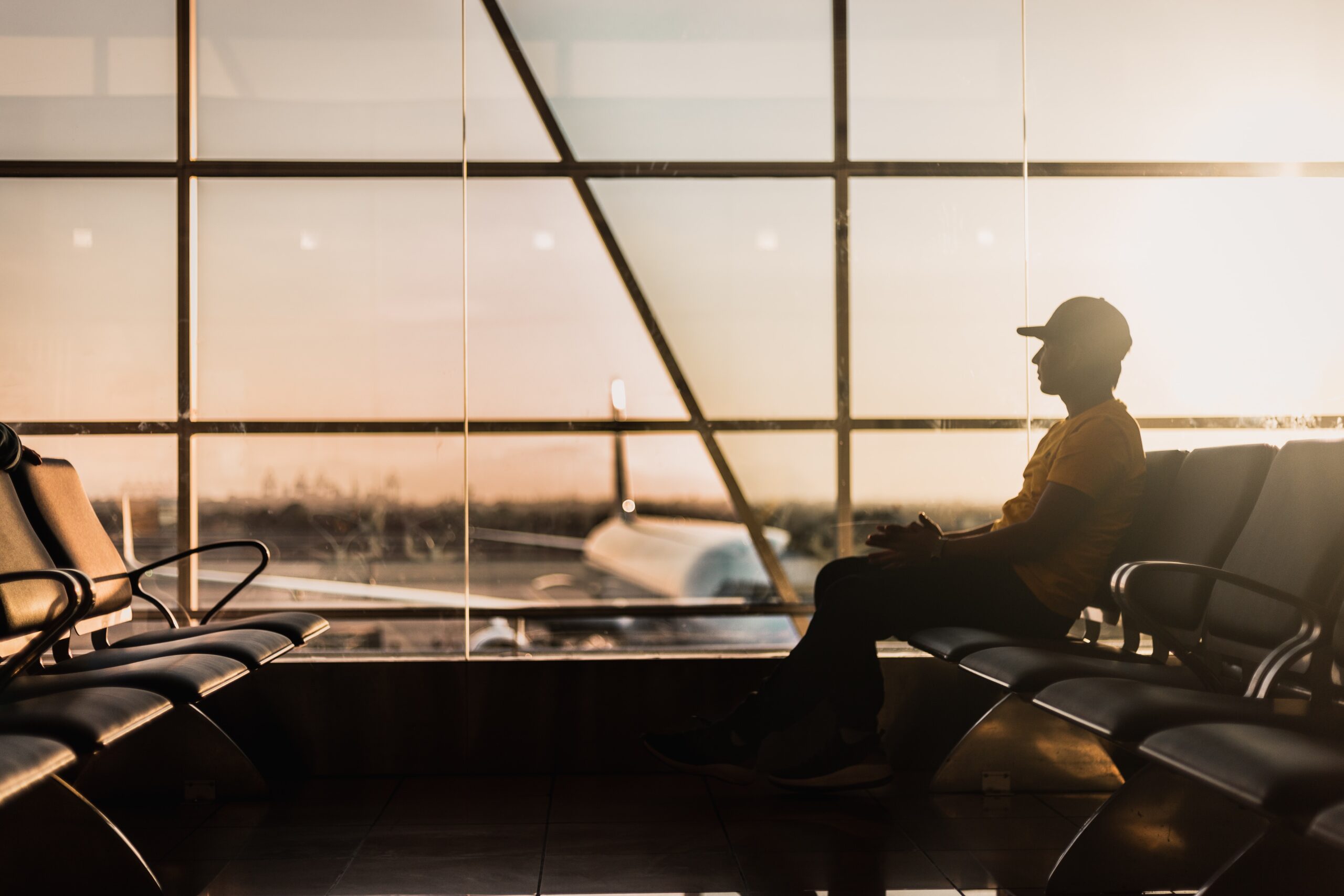Airlines File Lawsuit Over DOT Regulations on Fee Transparency
The DOT says it will defend its requirement that airlines are upfront about baggage and cancellation fees
by Lauren Smith
May 16, 2024
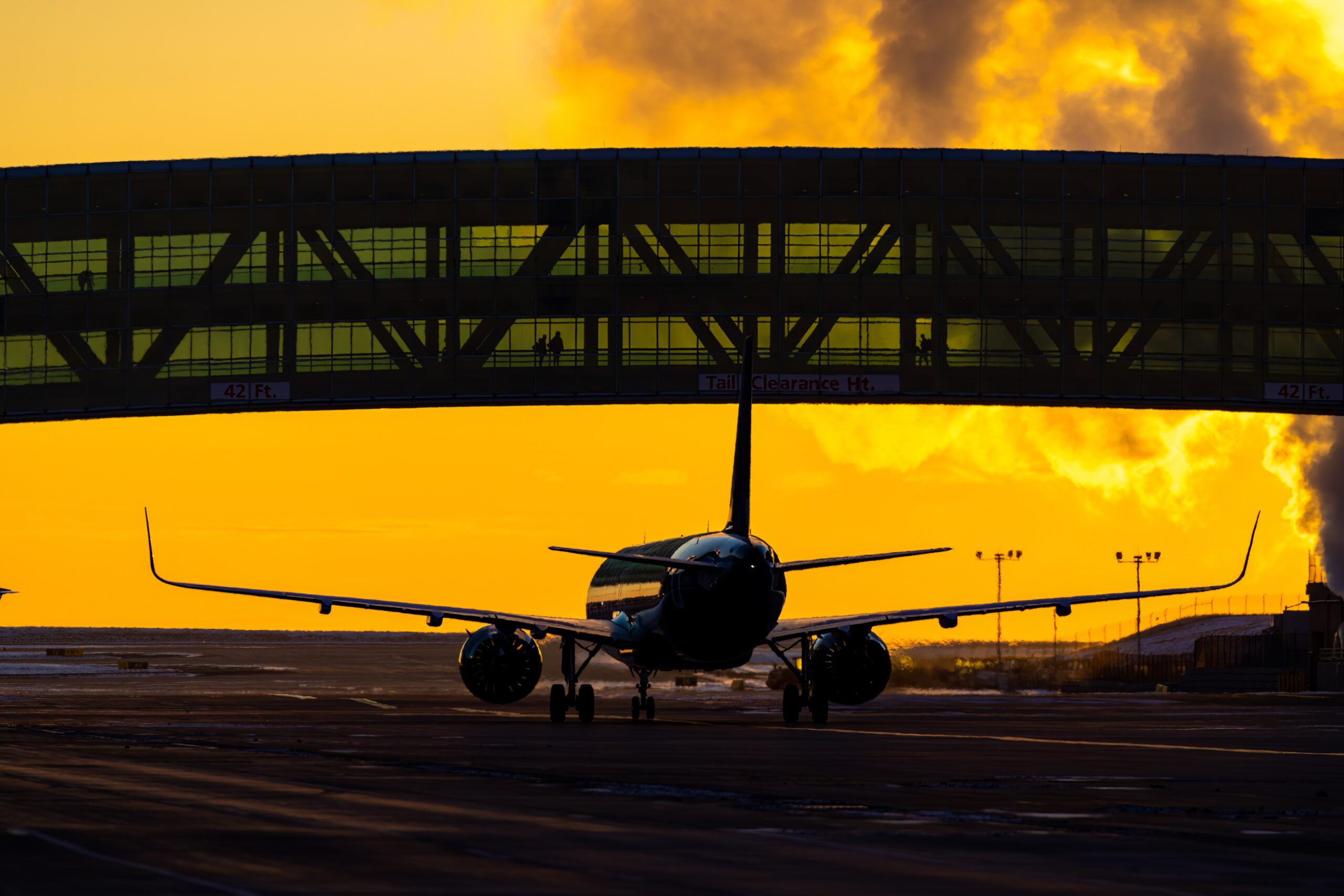
Photo: Courtesy of Denver International Airport.
Major airlines have filed a lawsuit over new rules from the U.S. Department of Transportation (DOT) that would require them to be more transparent about fees for baggage, seat assignments, and itinerary changes.
Alaska Airlines, American Airlines, Delta, Hawaiian Airlines, JetBlue, and United, along with lobbying group Airlines for America, filed the suit on Friday in the 5th Circuit Court of Appeals.
The airlines allege that the DOT exceeded its authority in issuing the new rules, which they characterize as “arbitrary” and “capricious.”
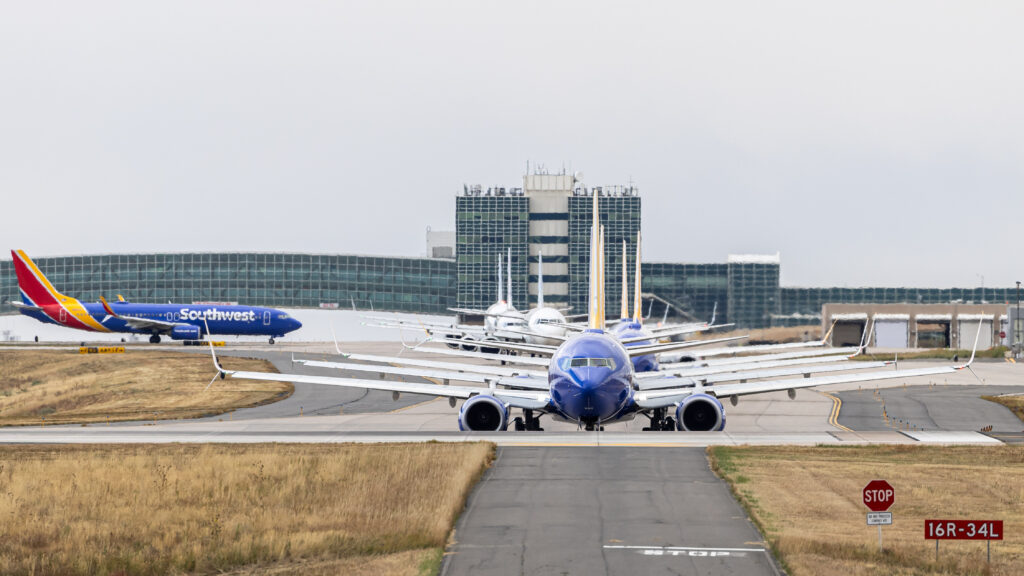
Photo: Courtesy of Denver International Airport.
The regulations, set to take effect on July 1, aim to address the “bait-and-switch tactics some airlines use,” according to the DOT.
Under the new rules, carriers, and ticket agents must display additional flight fees, including for baggage and flight changes, “the first time that fare and schedule information is provided on the airline’s online platform” and not through a hyperlink or a separate page.
The DOT said that these disclosures will help travelers avoid surprise fees for baggage, which are typically higher if they’re paid at the airport rather than at booking.
Airlines will also prohibited from advertising any “low base fare that does not include all mandatory carrier-imposed fees.”
Furthermore, they’ll be required to inform customers that they don’t need to purchase seat assignments to travel.
Fees for seat assignments and additional baggage have become a major cash cow for airlines. The DOT cited its research showing that airline revenue from baggage fees alone surged by more than 30 percent between 2018 and 2022.
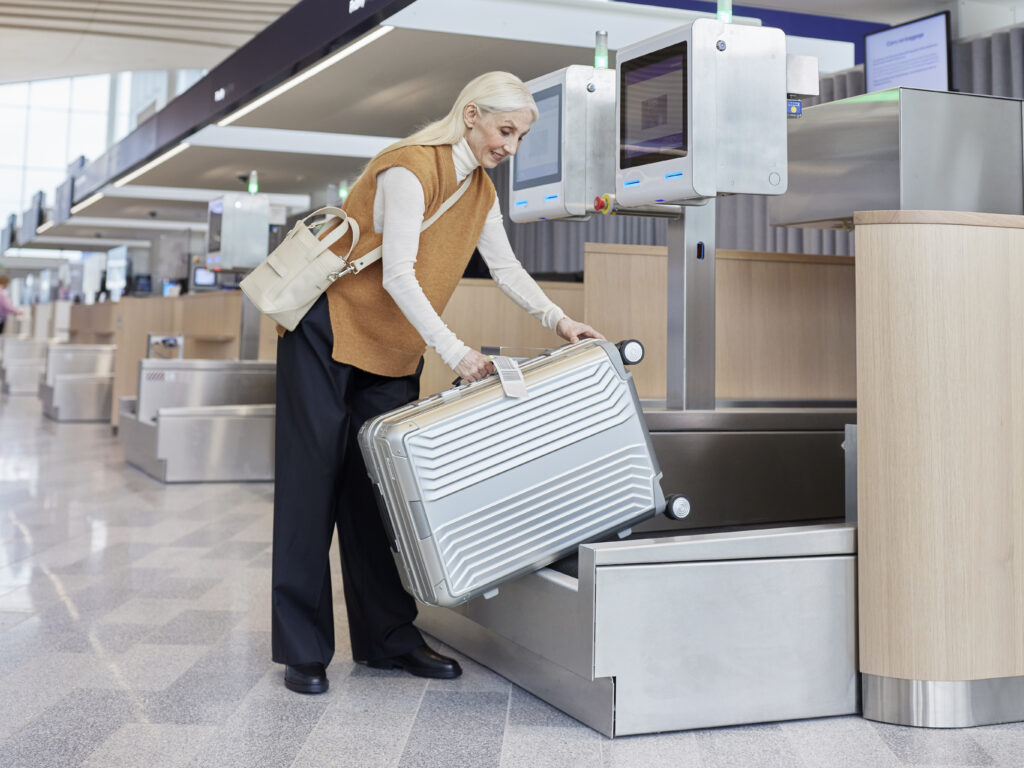
Photo: Courtesy of Finnair
Last year, carriers brought in nearly $5.5 billion in baggage fees, according to the Bureau of Transportation Statistics, and are set to rake in even more this year, with many hiking charges.
The DOT said more airline transparency would help consumers avoid $543 million annually in unneeded and unexpected fees.
“Healthy competition requires that as a consumer you can compare shops, which means knowing the real price of a trip before and not after you buy,” Transportation Secretary Pete Buttigieg said when he announced the new requirements on April 24.
However, Airlines for America says the new rules will “greatly confuse consumers who will be inundated with information that will only serve to complicate the buying process.”
The trade association described the mandate as “a bad solution in search of a problem,” arguing that airlines already notify customers of these associated fees.
The DOT said in a statement Monday that it will “vigorously defend our rule protecting people from hidden junk fees and ensuring travelers can see the full price of a flight before they purchase a ticket.”
“Many air travelers will be disappointed to learn that the airline lobby is suing to stop these common-sense protections,” the statement continued.
Buttigieg criticized the lawsuit, which he said had left him “speechless.”
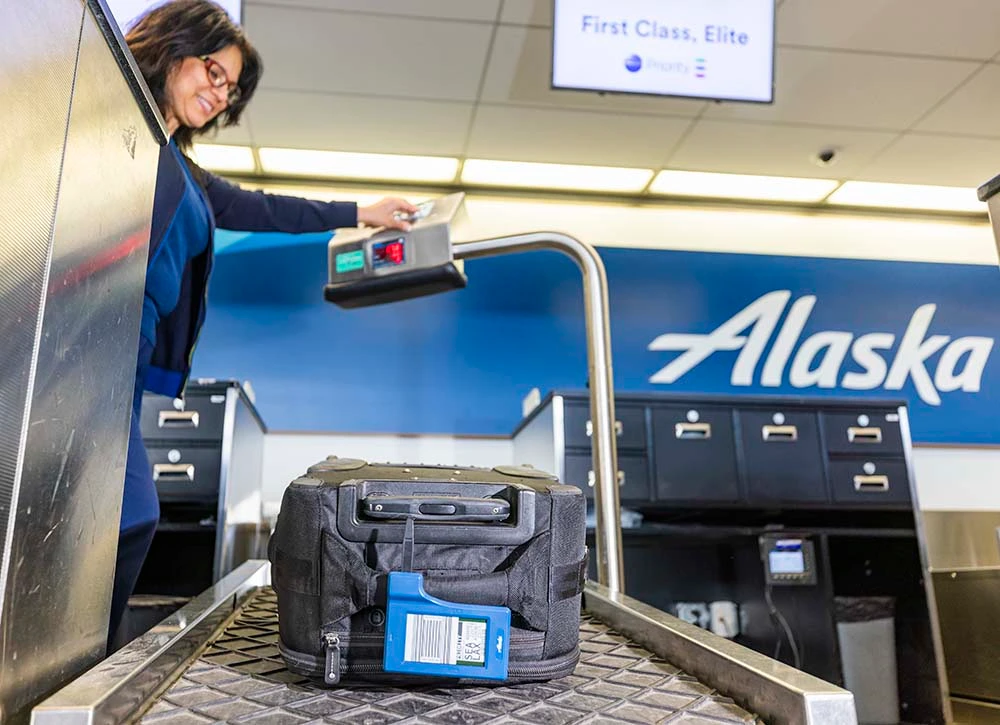
Photo: Courtesy of Alaska Airlines
In a post on the social media site X, he wrote: “We just issued a rule requiring airlines to inform you, before you buy a ticket, of fees they will charge you. Now, the airline lobby is suing us, saying that if you have the right to that information, it will ‘confuse’ you.”
The airlines participating in the lawsuit collectively control around two-thirds of the domestic commercial aviation market in the U.S. One notable absence was the fourth-largest airline, Southwest Airlines, which has previously expressed support for the measures. Southwest allows travelers to check two bags for free without charge change or cancellation fees.
The new rules are the latest effort by the Biden administration to tackle what the president has called “junk fees” across industries and rein in the aviation industry.
Last month, the DOT also announced that it would require airlines to pay automatic cash refunds to travelers for canceled or significantly altered flights if they opt not to accept an alternative flight. The right to automatic, prompt refunds will spare travelers having to navigate online forms or airline call centers to submit requests.


